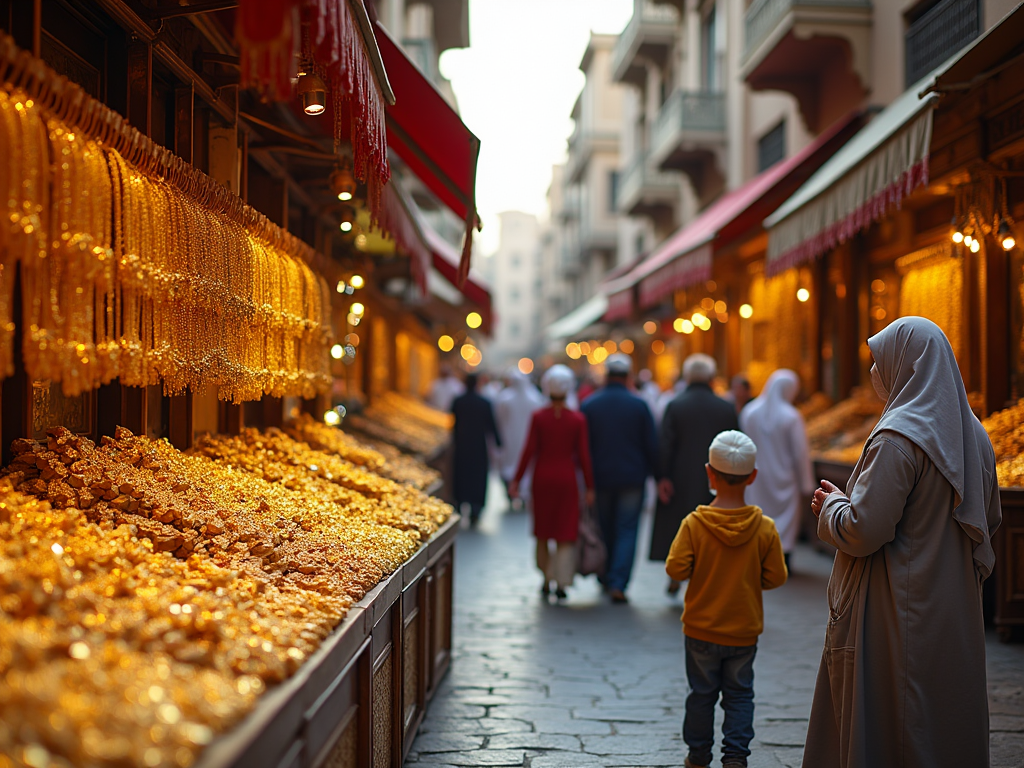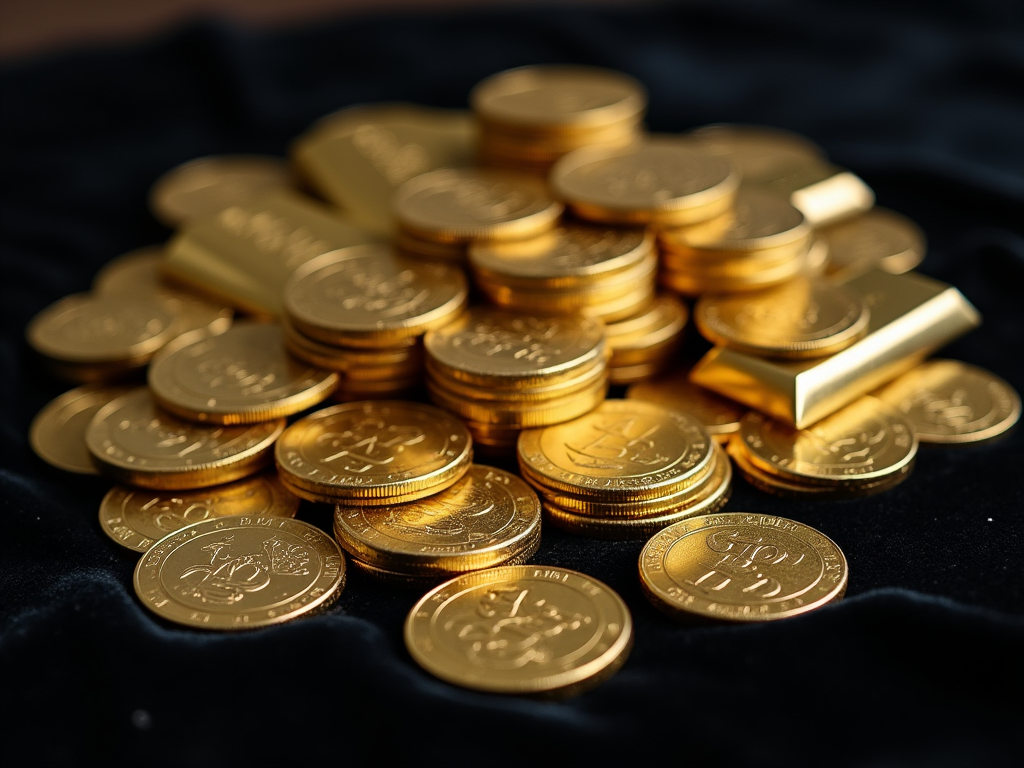
Dubai has emerged as a premier hub for gold trading, attracting investors and traders from around the globe. The city’s strategic location, tax-free policies, and a rich cultural affinity for gold have made it an ideal marketplace. For those looking to explore business opportunities in this industry, Dubai offers a plethora of options, from retailing to investment in gold trading platforms. In this article, we will delve into the various aspects of gold trading in Dubai, including its benefits, market dynamics, and key opportunities available.
The Gold Market Landscape in Dubai

The gold market in Dubai is characterized by transparency and robust regulatory measures, making it a secure environment for investors. The local market boasts numerous gold souks and stores, with the Dubai Gold Souk being the most well-known, showcasing a variety of gold jewelry and bullion. Apart from retail sales, the gold trading ecosystem includes wholesalers, manufacturers, and exporters. Moreover, the Dubai Multi Commodities Centre (DMCC) plays a pivotal role in enhancing the trading infrastructure, providing licenses and facilitating trade within the region. This vibrant market environment is shaped by several factors:
- Economic Stability: Dubai’s economy is resilient, offering a stable backdrop for gold trading ventures.
- Global Access: Its geographic positioning makes it an accessible destination for international buyers and sellers.
- Competitive Pricing: The absence of taxes leads to lower prices compared to many other markets.
- Cultural Affinity: Gold holds significant cultural value in the Middle East, bolstering demand.
- Advanced Logistics: Dubai’s transport and logistics infrastructure support swift trading and delivery.
Types of Gold Trading Opportunities

Investors looking to engage in gold trading in Dubai have various avenues to explore. Whether it’s purchasing physical gold, investing in gold certificates, or participating in equity investments related to gold mining companies, opportunities abound. Below are the main types of gold trading opportunities available:
- Physical Gold: Buying gold coins, bars, or jewelry from Dubai’s numerous vendors and souks.
- Gold Futures and Options: Engaging in commodity trading for potential speculative profits.
- Gold Exchange-Traded Funds (ETFs): Investing in ETFs provides exposure to gold price movements without owning the physical asset.
- Gold Mining Stocks: Investing in companies involved in gold extraction can yield significant returns.
- Gold Savings Accounts: Banks and financial institutions offer accounts that accumulate gold over time, providing a modern take on savings.
The regulatory framework surrounding gold trading in Dubai is essential for maintaining market integrity and ensuring investor protection. The Dubai Economy Department oversees gold trading activities, requiring licenses for businesses involved in this sector. Traders must comply with the standards set by the Dubai Gold and Jewellery Group (DGJG) to ensure quality in products offered. Furthermore, gold dealers are mandated to adhere to international standards for purity and hallmarking, enhancing consumer trust. Key regulations include:
- Licensing requirements for gold traders.
- Standardization of gold purity (e.g., 24K, 22K).
- Inspection of gold products to ensure compliance with quality norms.
- Implementation of anti-money laundering (AML) measures.
- Protection of consumer rights through fair trading practices.
Challenges in Gold Trading
While the gold trading industry in Dubai presents myriad opportunities, it is not without its challenges. Investors must navigate certain risks that can impact their profitability. The volatility of gold prices can lead to sudden market shifts, affecting both buyers and sellers. Additionally, competition among traders can create pricing wars, squeezing margins. Other significant challenges include market saturation, counterfeit products, and fluctuations in global demand. Consider the following challenge factors:
- Market Volatility: Prices of gold can fluctuate, influenced by economic conditions, leading to investment risk.
- Regulatory Changes: Shifts in laws and regulations can impact operational ease.
- Quality Assurance: Ensuring authenticity can be challenging amidst counterfeit issues.
- International Competition: Competitors from around the globe can alter market dynamics significantly.
- Cultural Sensitivities: Understanding local customs and practices is essential for successful trading.
Conclusion
Gold trading in Dubai offers a lucrative landscape filled with varied business opportunities. With its advantageous regulatory framework, extensive market access, and strong cultural ties to gold, traders are well-positioned to benefit from this thriving industry. However, prospects come with challenges that require careful consideration and strategic planning. By staying informed and adaptable, investors can unlock the potential of gold trading and navigate the complexities of this dynamic market in Dubai.
Frequently Asked Questions
1. Is gold trading legal in Dubai?
Yes, gold trading is legal in Dubai, with a well-regulated market overseen by the Dubai Economy Department.
2. How can I start trading gold in Dubai?
To start trading gold, you must research and choose a licensed dealer, decide on the form of gold investment, and comply with regulatory requirements.
3. What are the best places to buy gold in Dubai?
The best places include the Dubai Gold Souk, jewelers in shopping malls, and stores authorized by the Dubai Gold and Jewellery Group.
4. Are there taxes on gold purchases in Dubai?
No, there are no GST or other taxes on gold purchases in Dubai, making it a cost-effective market for buyers.
5. Can I invest in gold without buying physical gold?
Yes, you can invest through gold ETFs, futures, and gold mining stocks, allowing exposure to the gold market without owning physical assets.


